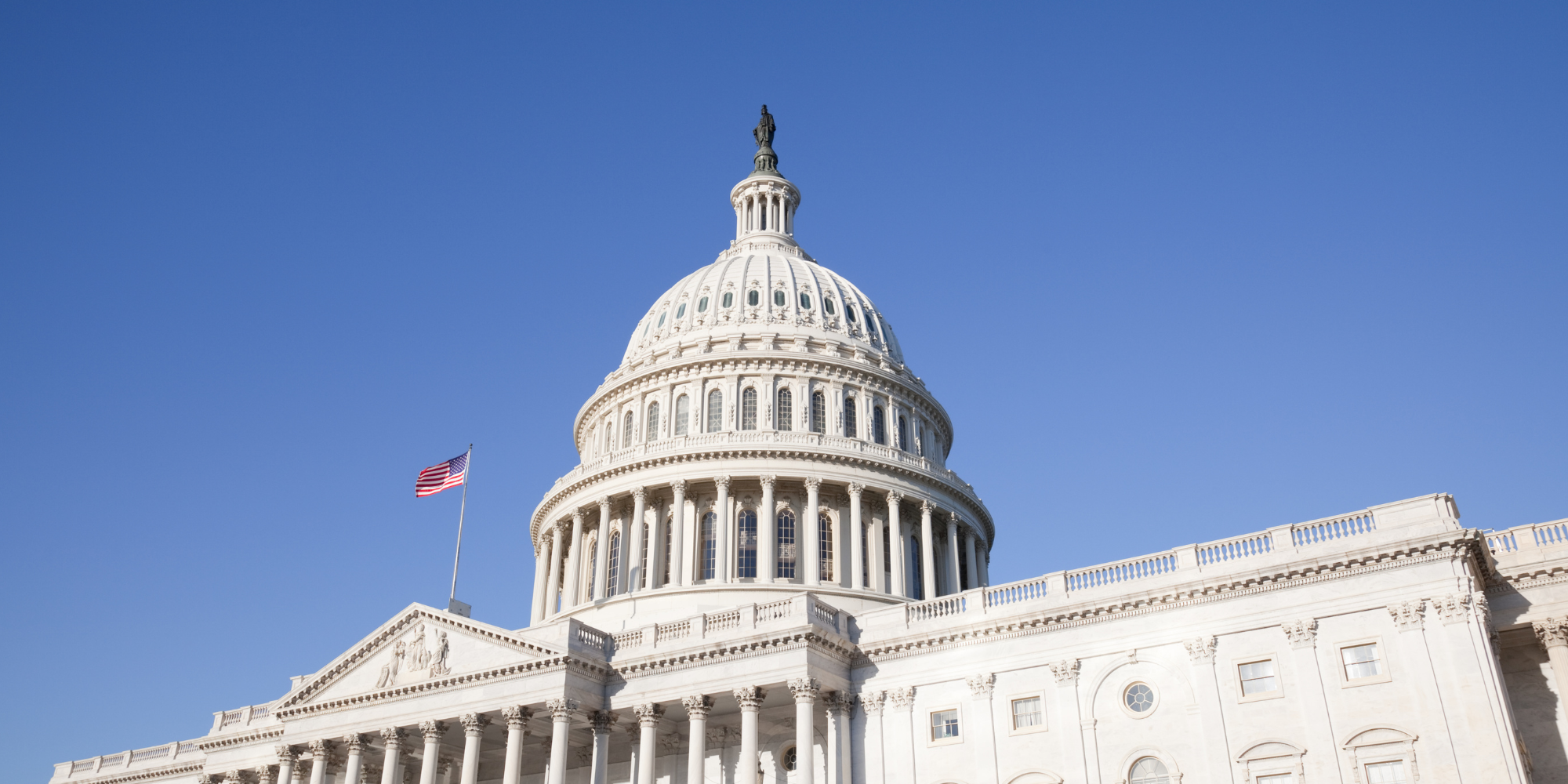Just over a year ago, we partnered with other industry leaders to raise awareness within Congressional offices of the barriers to participation in cardiac (CR) and intensive cardiac rehab (ICR) and how legislation is needed to make virtual delivery of this valuable service reimbursable and permanent. Despite decades of research demonstrating that cardiac rehab participation reduces the risk of hospital readmissions and death, it continues to be critically underutilized during the recovery process.
Significant strides were made to improve access in recent years due in large part to the COVID public health emergency waivers – which expanded Medicare coverage for virtual cardiac rehab – but unfortunately, when the waivers expired on May 11, 2023, much of that progress came to a halt. Many patients lost access to the only method by which they could access this invaluable cardiac rehab care.
Our response? Legislation which would permanently restore virtual access and reimbursement for virtual CR, ICR, and Pulmonary Rehab (PR). While this critical legislation has been top-of-mind for years, the work began in earnest earlier this year.
Pritikin ICR in D.C. and the Introduction of H.R. 1406
Back in February, Pritikin ICR President Terry Rogers, and Amanda Xaysuda, Director of the Pritikin ICR program at Arkansas Heart Hospital, took the issue to Capitol Hill. They visited with several congressional leaders to urge them to support forthcoming legislation that would make virtual cardiac rehab coverage for Medicare patients permanent.
Shortly thereafter, while two Pritikin ICR team members – Senior Implementation Manager Tara Steadman and Business Development Region Manager Kathryn Seigel – were participating in AACVPR’s annual Day on the Hill, news broke that Rep. John Joyce (R-PA) had formally introduced Sustainable Cardiopulmonary Rehabilitation Services in the Home Act (H.R. 1406). Tara and Kathryn were able to hit the ground running that very day to personally advocate for the bill.
Reaching the Senate with S. 3021
Earlier this month, Senators Kyrsten Sinema (I-AZ), Marsha Blackburn (R-TN), and Amy Klobuchar (D-MN) introduced the Sustainable Cardiopulmonary Rehabilitation Services in the Home Act in the Senate. The senators’ bipartisan legislation aims to make virtual CR, ICR, and PR reimbursement permanent. In doing so, the bill would improve healthcare services access to underserved and rural communities, and prevent unnecessary hospitalizations and future cardiac events. Now, with legislation in both the House and the Senate, we are even closer to expanding access to cardiac rehab!
How You Can Help
If, like our Pritikin ICR team and network of experts in the field of cardiac rehab, you too wish to advocate for permanent access to virtual CR, ICR, and PR services for patients, we encourage you to contact your senators and ask that they support the recently-introduced Sustainable Cardiopulmonary Rehabilitation Services in the Home Act (S. 3021).
With your help, we can ensure that all eligible patients have access to these critically important virtual healthcare services – for many years to come!





